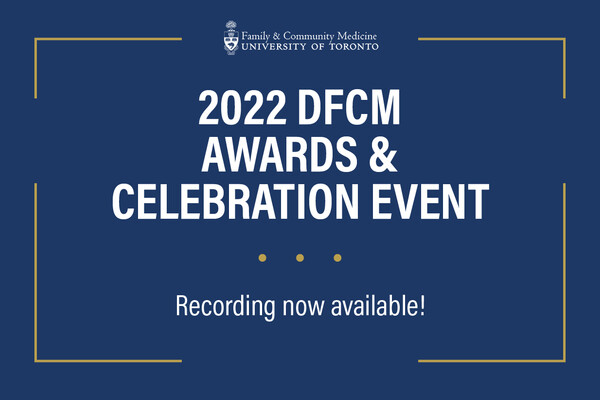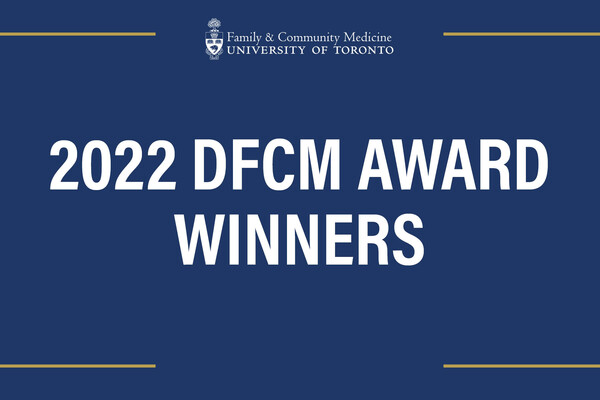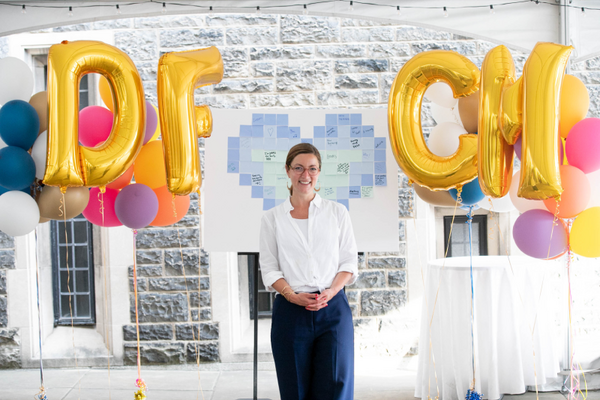An Inside Look at the Redesigned Global Health Week
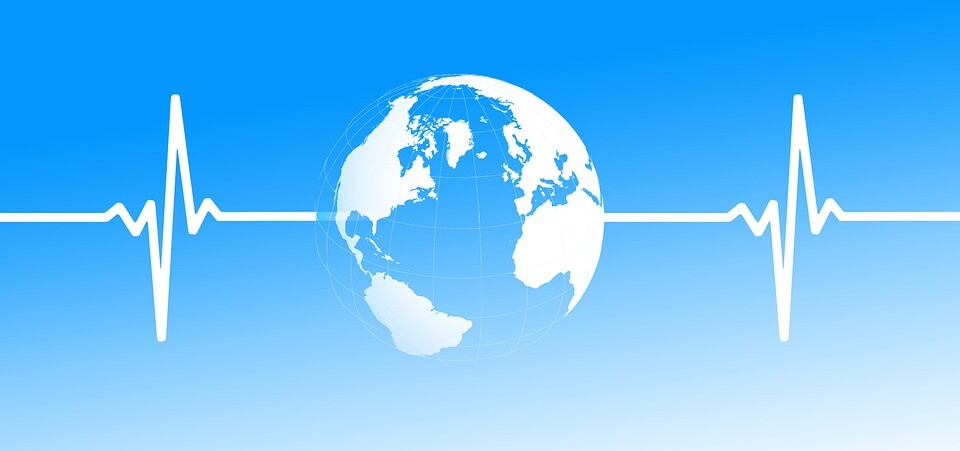
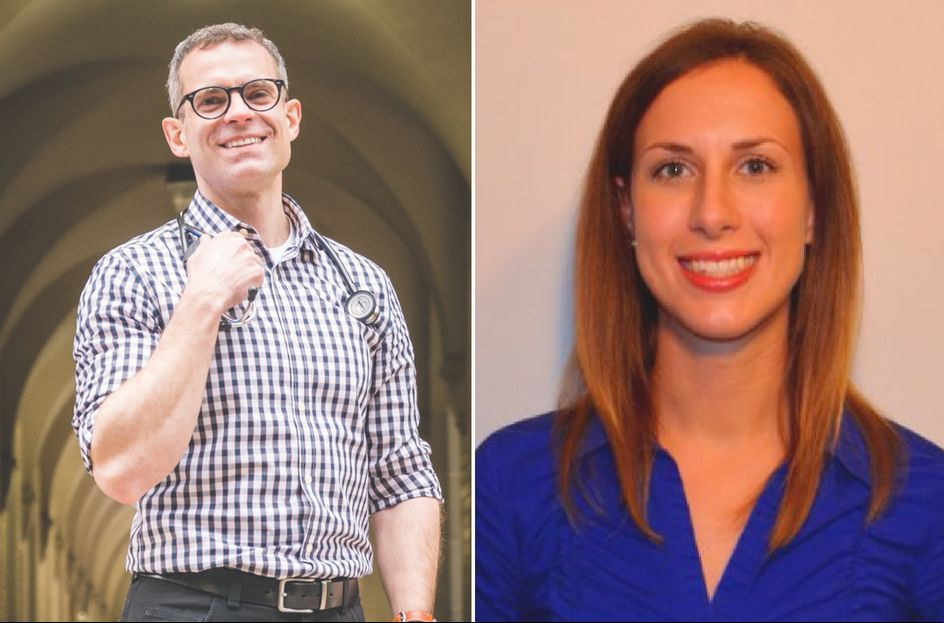
For the first time, second-year medical students enrolled in the University of Toronto MD Program experienced a full week of curriculum on global health. Delivered in May 2018, the week provided medical students with a deep understanding of the scale of inequity across the world and offered engaging ways for students to think about their social and global accountability.
The new global health week, contained within the Foundations Curriculum’s “Complexity and Chronicity” course, taught principles for engaging ethically in global health work. Students were asked to confront the disparities present in the living conditions and health outcomes across the globe. They were then asked to wrestle with what it means to them and to engage with the possibility that they can play a part in change for the better.
Curriculum designers Drs. John Ihnat and Jessica Osumek, both of whom are former fellows in Global Health and Vulnerable Populations at the Department of Family and Community Medicine (DFCM), created a week-long syllabus that used a variety of teaching methods to address the complexities of engaging in global health work. They created the curriculum alongside the support of the course director for Complexity and Chronicity, Dr. James Owen, who is also a family physician at St. Michael’s and an associate professor at DFCM.
“We wanted to give the students a broad sense of what global health means,” says Dr. Jessica Osumek. “We also want to increase the interest of medical students in engaging in global health activities and help them understand what it means to be a global citizen and treat patients in different settings.”
To do this, the designers used innovative teaching methods in addition to the traditional classroom-based lecture setting. For instance, prior to the course, students were asked to watch excerpts from the documentary “Triage: Dr James Orbinski's Humanitarian Dilemma,” about the work of global health activist and scholar, Dr. James Orbinski, in which he speaks of being a witness to the Rwandan genocide and the complications that come with international humanitarian work.
"The testimony and images in the documentary give a very powerful sense of how, depending on where you're born in the world, you could have strikingly different life experiences and quality of life," says Dr. John Ihnat. "We then tried to provoke thought about that deep disparity both locally, in Canada, and across the globe."
The designers also highlighted the role of health advocacy in the curriculum by interviewing Drs. Philip Berger and Meb Rashid, two DFCM faculty members who have been at the forefront of advocacy work around refugee and newcomer health. They described their experiences in health advocacy and what it means for medical students in relation to local injustice and global health.
"A recent article by Malika Sharma and others pointed out that medical students are often taught the social determinants of health as a list of facts to be memorized rather than conditions of life that should be challenged and changed,” says Dr. Ihnat. “Our philosophy when designing global health week was to provoke the conscience and to create conditions for eliciting empathy and compassion, rather than memory work. We wanted students genuinely to confront and wrestle with the facts of global inequity and what that means for their careers going forward."
They also invited Mie Tha Lah, a former refugee, to share his experiences of spending 13 years in a refugee camp in Thailand and how he eventually came to Canada. Through his lecture, the students got an example of the variety of backgrounds and stories that patients have when coming to a clinic and how this can affect their diagnosis and treatment.
“We received very positive feedback from the students about his lecture. It provided an opportunity for them to engage with him and imagine how a person’s life scenario can present challenges to health, well-being, and safety, but also demonstrated the resilience people have,” says Dr. Osumek.
“This curriculum highlights a number of threads of excellence that are particularly rich in our Department and Faculty,” says Dr. Katherine Rouleau, DFCM Vice-Chair, Global Health and Social Accountability. “Including commitment to social accountability, the unique contribution of family medicine to health equity and most importantly, the thoughtful and inspiring contribution of our young Global Health leaders to shaping the professional development of our students.”
Dr. Ihnat says the curriculum designers were particularly inspired by a quote from William Butler Yeats.
"'Education is not the filling of a pail, but the lighting of a fire',” quotes Dr. Ihnat. “That's what we wanted to do: light a fire within medical students about equity issues across the globe so that they would be moved to respond as people of conscience."
News
